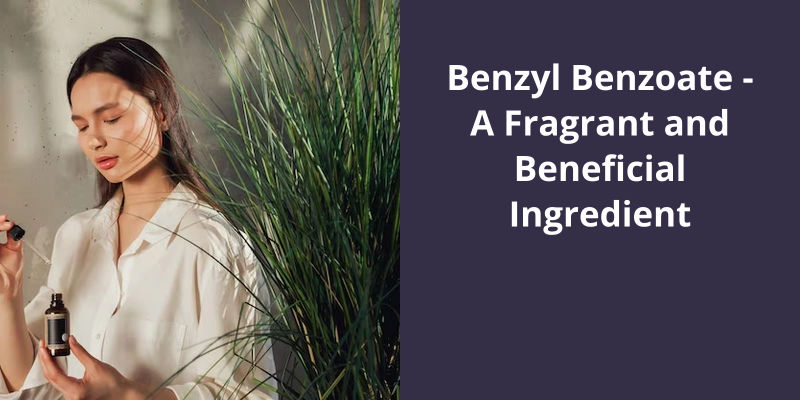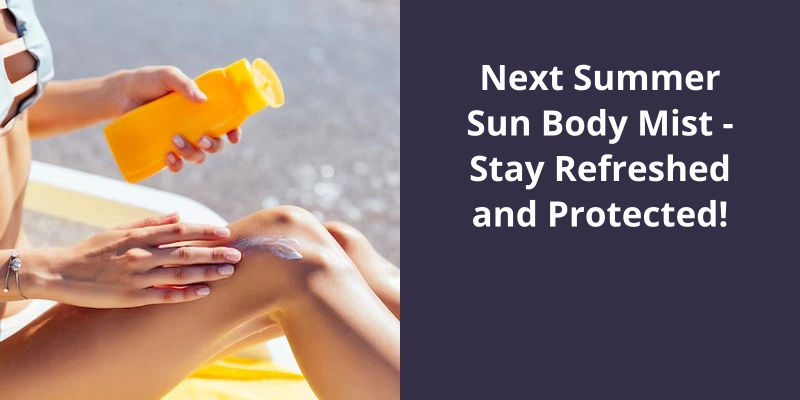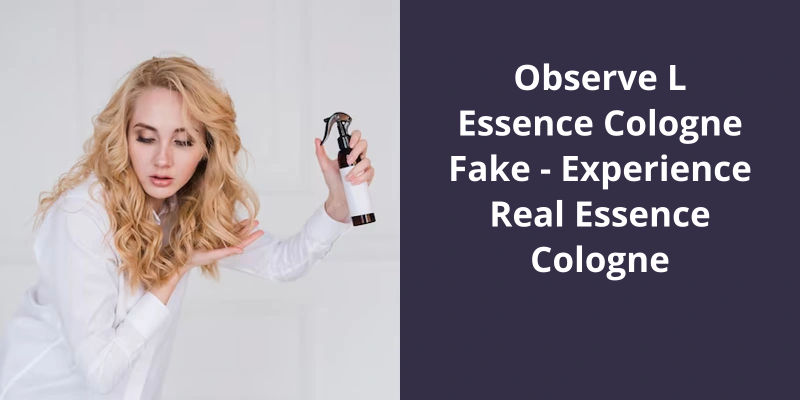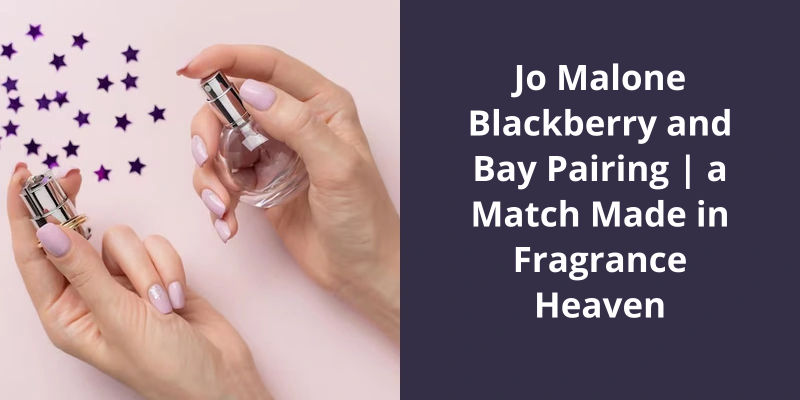Benzyl Benzoate is a colorless liquid with a faint pleasant odor. It’s a versatile chemical compound that’s used in a variety of applications. In the medical field, benzyl benzoate can be used as a treatment for lice and scabies. Furthermore, benzyl benzoate also plays a significant role in the perfume industry due to its ability to fix the scent on the skin and make the fragrance last longer. It’s often included in the recipes of various perfumes. In addition to this, benzyl benzoate is present in many foods and drinks to enhance their flavor. It’s regarded as safe in small doses but could cause skin irritation in some cases.

What Is the Smell of Benzyl Benzoate?
The scent of benzyl benzoate is characterized by it’s sweet and woody undertones. When experienced as a standalone fragrance, it may come across as slightly overpowering due to it’s ability to linger on the skin or fabric for a long time. However, when blended with other fragrances, it can add depth and a unique character to the perfume that enhances it’s overall aroma.
One of the unique features of benzyl benzoate is it’s ability to stabilize fragrances by slowing down their evaporation rate. This means that the perfume will maintain it’s scent for longer periods of time, even after it’s been applied to the skin. This is why benzyl benzoate is frequently used in perfumes, soaps, and other beauty products.
This organic compound is synthetically produced by chemical reactions between benzyl chloride and sodium benzoate. The resulting mixture is then purified by a series of distillation and crystallization processes to achieve the desired purity. The final product is a thick, colorless or slightly yellowish liquid with a high boiling point.
While the scent of benzyl benzoate is mostly used in perfumes, it’s also used as a solvent in medications, personal care products, and insect repellents. It may also be applied topically to treat skin conditions such as scabies or eczema. In these applications, it’s mild scent acts as an added bonus, helping to mask unpleasant odors associated with certain conditions.
Synthetically produced, this organic compound is used extensively in the fragrance industry as a stabilizer for perfumes, soaps, and other beauty products. It’s mild odor and stabilizing properties make it a desirable ingredient in various personal care items.
Uses of Benzyl Benzoate in the Pharmaceutical Industry: A Closer Look at How Benzyl Benzoate Is Utilized as a Solvent in Medications and It’s Effectiveness in Treating Skin Conditions.
- Solvent in medications
- Effectiveness in treating skin conditions
Aside from their pleasant aromas, essential oils have been traditionally used as natural remedies for various health conditions. However, some essential oils contain certain compounds that may cause adverse effects when used inappropriately. One of these compounds is benzyl benzoate, which is naturally present in several essential oils such as ylang ylang, rosewood, and cinnamon. Let’s take a closer look at these essential oils and their potential benefits and risks.
Which Essential Oils Contain Benzyl Benzoate?
Essential oils have been used for thousands of years for their therapeutic benefits, and are still popular today for their natural healing properties. Benzyl benzoate is a natural component of some essential oils that’s highly valued for it’s ability to soothe dry skin and reduce itching caused by dryness or insect bites.
One of the most well-known essential oils containing benzyl benzoate is ylang ylang. This exotic flower has long been prized for it’s sweet and floral scent, and is often used in perfumes and body lotions. Ylang ylang essential oil is also highly valued for it’s calming and relaxing effects, making it a popular choice for use in aromatherapy and meditation practices. In addition, ylang ylang contains other beneficial compounds such as linalool and geraniol, which can help reduce stress and anxiety.
Cinnamon oil is highly valued for it’s warming and stimulating properties, and is often used in aroma diffusers to promote a sense of energy and vitality. However, due to it’s high concentration of cinnamaldehyde, cinnamon oil should be diluted before use and shouldn’t be applied directly to the skin.
Like ylang ylang and rosewood, these oils also contain other beneficial compounds such as linalool and geraniol, which can help soothe and nourish the skin.
These oils are highly valued for their therapeutic benefits, and can be used to soothe dry skin, reduce itching and inflammation, promote relaxation, and stimulate the senses. However, it’s important to use essential oils safely and with caution, and to always dilute them properly before use.
Common Uses of Benzyl Benzoate in Beauty and Personal Care Products
- Used as a fragrance
- May serve as a solvent for other ingredients
- Can act as a preservative to prolong the shelf life of products
- May have anti-inflammatory properties and can be used in medicinal ointments and creams
- Can be used in hair care products to treat and prevent dandruff
- May be used in acne treatments as it’s believed to have antibacterial properties
- Can be found in sunscreens as it helps to absorb harmful UV rays
Source: *Benzyl Benzoate | Lush Fresh Handmade Cosmetics
Conclusion
In summary, the use of benzyl benzoate in the fragrance industry has proven to be effective in creating high-quality scents. It’s unique chemical properties make it a valuable ingredient in creating long-lasting fragrances. Apart from it’s fragrant properties, this compound also has therapeutic value and is used in various skin treatments.




